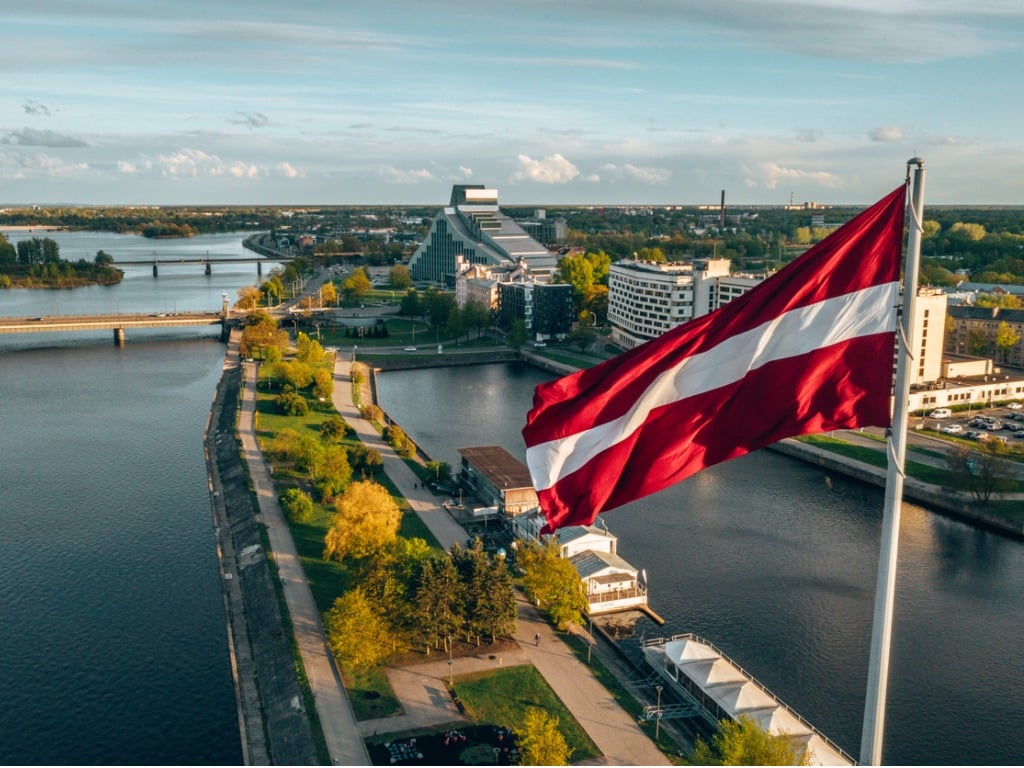A coalition of international whistleblower advocacy groups has filed a public comment with Latvia’s government, providing suggestions for strengthening the country’s first whistleblower law passed in 2019.
The coalition, consisting of the National Whistleblower Center, Whistleblowing International, the European Center for Whistleblower Rights, and whistleblower law firm Kohn, Kohn and Colapinto, urged Latvian lawmakers to implement whistleblower protection laws in legislation created to fulfill a recent European Union directive.
The Directive (EU) 2019/1937 on the protection of persons who report breaches of Union law provides guidances for EU Member States to adopt whistleblower protection laws. The Directive also requires that each Member State “bring into force the laws, regulations, and administrative provisions” by December 2021.
Attorneys at Kohn, Kohn and Colapinto came up with a list of recommendations, including:
- Creating channels for reports directly to regulators (rather than internally where the data presented may be corrupted);
- Expanding whistleblower protections to cover disclosures permitted under international anti-corruption treaties signed by Member States;
- Narrowly interpreting a provision in the Directive that could result in retaliation against whistleblowers (Article 22);
- Creating whistleblower reward laws to incentivize high quality tips in order to successfully combat financial frauds, money laundering, foreign bribery, ocean pollution tax evasion and other crimes; and
- Adopting language and procedures that have proven effective in protecting whistleblowers when implementing Articles 6-7, 11, 14-16, 19-21, and 23-24 of the Directive.
The Directive establishes “common minimum standards” for Member States to follow when creating and updating whistleblower legislation; however, the Directive also offers that the Member States “could decide to extend the application of national provisions to other areas with a view to ensuring that there is a comprehensive and coherent whistleblower protection framework at national level.” Thus, Stephen M. Kohn, a partner in the whistleblower law firm of Kohn, Kohn and Colapinto, LLP, suggests that the Latvian government go beyond the Directive standards.
“Latvia has the ability to build upon its 2019 whistleblower law and provide incentives whistleblowers to risk their careers by reporting violations of law. Whistleblowers are the key detecting frauds. They must be fully protected,” Kohn said.
Latvia passed a whistleblower law in 2019 and “several hundred whistleblower reports” were filed within the first year of its existence, although only 25% of the reports “meet the criteria,” according to Latvian Public Broadcasting.
